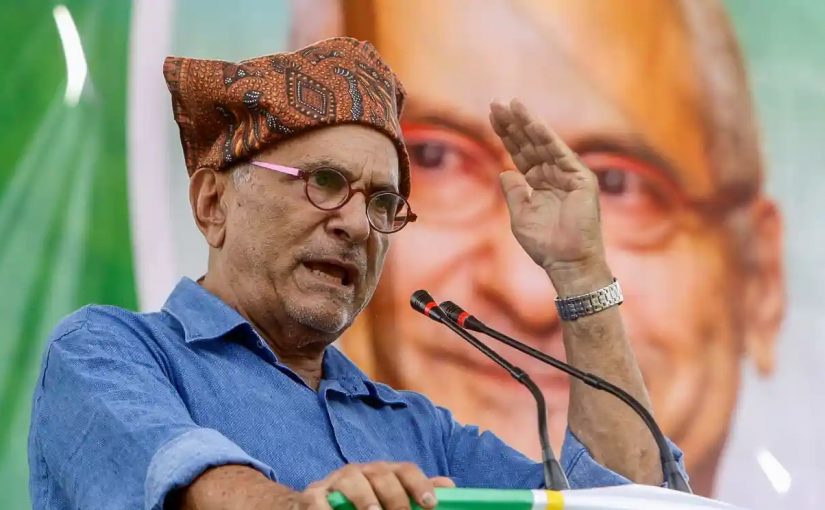Brazil's Bolsonaro supporters protest against Supreme Court, President Lula
Timor-Leste: José Ramos-Horta elected president for second time

File photo: Lusa
José Ramos-Horta has been elected president of the Republic of Timor-Leste for the second time, with 62.09% of the votes, defeating the current head of state, Francisco Guterres Lú-Olo, in a repeat of what happened in 2007, according to the provisional final result.
Data from the Technical Secretariat for Electoral Administration (STAE) count, completed more than 24 hours after the polls closed, confirmed that Ramos-Horta won 397,145 votes, or 62.09%, compared to 242,440 votes for Lú-OLo, who won 37.91% in the runoff of the presidential election, held on Tuesday.
In absolute numbers of votes, José Ramos-Horta registered an increase of 131% compared to the first round. In comparison, Francisco Guterres Lú-Olo increased his support by more than 168% compared to the first round when there were still 14 other candidates.
Despite initial fears during the election day, abstention was almost identical, rising from 24.72% in the first round to 24.83% in the second.
Lu-Olo only won in two municipalities, Baucau and Viqueque, with the historic loss of the municipality of Lautem, one of Fretilin’s traditional fiefdoms, which in the second round was one of the places where participation fell the most.
The final result in Lautem could still change as the difference between the two candidates is only 59 votes, but there are a total of 74 ‘claimed’ votes, the final allocation of which now depends on the verification ballot conducted by the National Electoral Commission (CNE).
Aileu, where Ramos-Horta won with 72.74% of the votes, recorded the highest turnout rate of 83.34%, and Lautem had the lowest rate in the country, with 72.53%.
The still head of state also won in Ireland and England, with José Ramos-Horta receiving the most votes in the rest of the diaspora voting centres, in 10 of the country’s 12 municipalities and in the WAEMU.
Ramos-Horta’s most significant victory was in the municipality of Ainaro, where he won 74.06% of the votes.
Although this is a presidential election, the fact that the ruling parties are sticking together in the second round in support of the head of state is also being seen as a ‘measure’ of the current support of the three forces.
In the last legislative election in which they ran separately, Fretilin, PLP and KHUNTO obtained about 47 per cent of the votes, a figure that was not achieved in Tuesday’s vote, in which Lú-Olo also had the support of other political forces.
Now, the support of the three forces plus the untested support of the new party Os Verdes has given Lú-Olo only about 37 per cent of the votes.
The final results will now have to be verified by the CNE before final validation by the Court of Appeal.
José Ramos-Horta takes office on 20 May, the 20th anniversary of the restoration of independence.












Leave a Reply
Be the First to Comment!
You must be logged in to post a comment.
You must be logged in to post a comment.